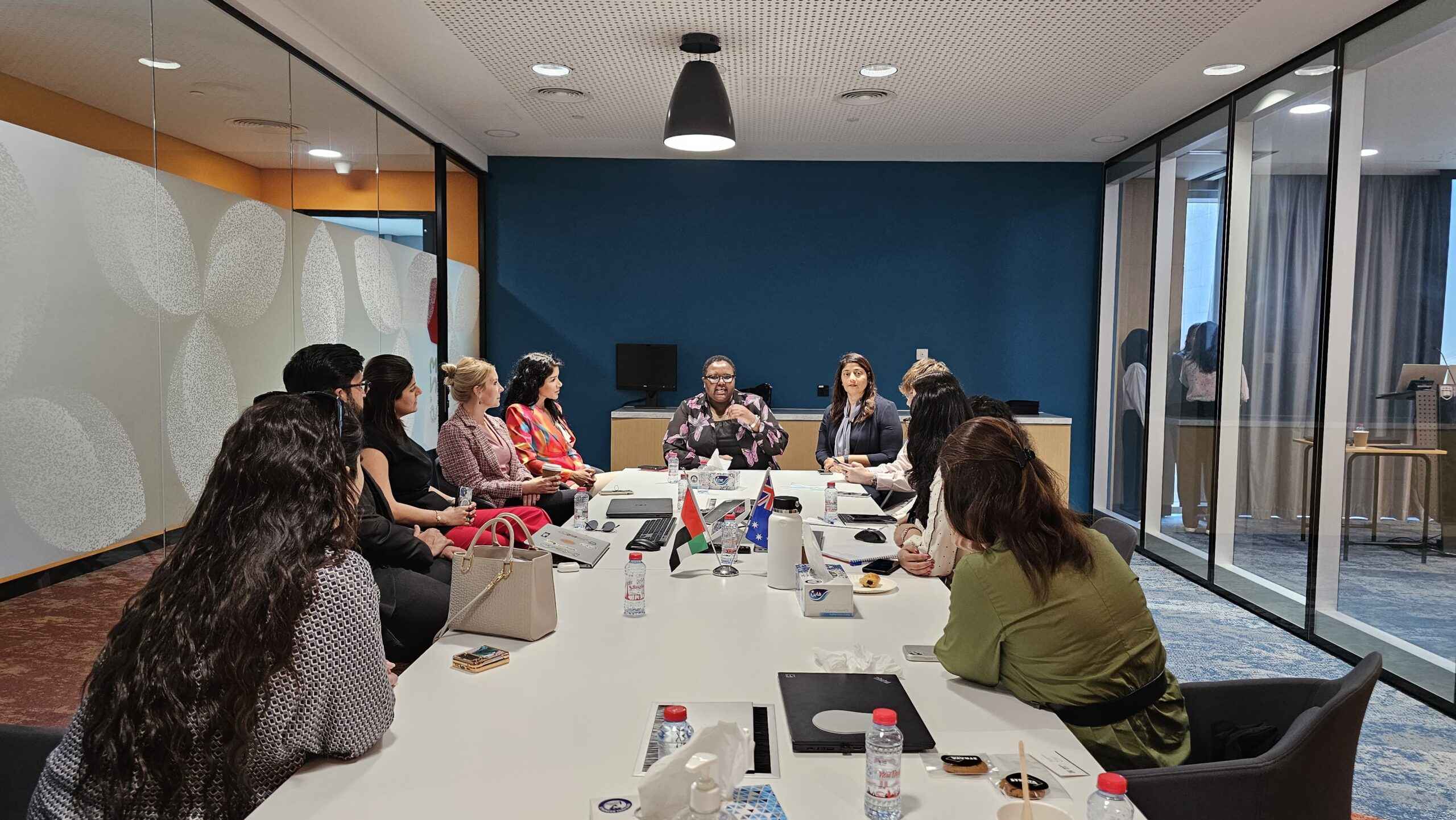
Current research indicates that students who undertake professional internships as part of their degree consistently achieve better employment outcomes.
Therefore, industry partners are vital stakeholders in university-workplace partnerships for work-integrated learning (WIL) or professional internships. University-workplace partnerships for WIL are advocated by higher education regulators in an attempt to improve the graduate employability.
Professional internships enable the embedding of relevant real-world learning into curriculum, resulting in students that are better prepared to enter the workforce and meet demands of employers seeking work-ready graduates. These internships also play a crucial role in students’ entry into a job market characterised by strong competition, are also a good premise for entry to the job market, and for students` professional skills and abilities development.
One could argue that the success of university–workplace partnerships and, more specifically, the partner organisation involved in the professional internship, drives students’ eagerness to enter the job market, their need to work in a practical environment, and their desire to acquire new knowledge. Moreover, managing these university–workplace partnerships for internships ensures availability of authentic learning environments, joint-learning tasks, and knowledge-producing opportunities for students.
Importantly, collaborations with universities to invest in human capital development can provide industry with opportunities to become more productive and innovative and to gain necessary knowledge to create and boost innovation capacity. Interestingly, another important observation that can be noted in the literature is that students feel more supported by firms than by the universities throughout their internship and so partner industry and the success of partnership are crucial aspects of WIL.
So where are we now?
Current Research on university-workplace partnerships has focused on their many benefits, challenges, and general characteristics (and highlights the importance of effective, sustainable university-workplace partnerships for productive learning outcomes). It is noted that a clear understanding of industry leaders’ roles and effective communication are important for providing adequate support to industry partners.
However, complexities in university-workplace partnerships arise due to challenges for organisations hosting and supporting students during internships which can deter industry engagement. Other deterrents include: managing expectations, competing needs and demands of stakeholders, which, at times, can make it hard to sustain relationships.
The complexity of managing partnerships requires constant negotiation of responsibilities in order to achieve outcomes for students as well as industry partners. A further challenge to maintaining relationships with industry partners occurs when students’ display poor workplace performance, generating pressure on university academics and industry partners.
However, despite these challenges managing relationships with Industry, partnerships in higher education for professional internships are highly advocated. Despite the push from governments, for university-workplace partnerships, there is still evidence that the strategic development of these partnerships by universities is somewhat lacking, and can be rather sporadic.
How can you manage the university-workplace partnership?
Given the significance of industry partner’s role and contribution towards students’ workplace readiness through WIL, it is vital to explore ways to sustain these partnerships. Despite research on various aspects of university-workplace partnerships, understanding the motivations of industry partners and the determinants of sustainable partnerships that provide WIL opportunities for business students are limited. In particular, there is limited research on unpacking the motivations of partners across various roles, including senior executives, human resource managers and the field supervisors.
Although considerable research exists on various aspects of university-workplace partnerships, the motivations and critical determinants of sustainable university-workplace partnerships need to be further explored.
In the context of the UAE Ministry of Education for higher education recent directive to universities to embed job-related training in undergraduate course curricula with the intention to prepare graduates for future jobs.
More than 100 business students in University of Wollongong Dubai graduate every year. These students are trained for work-pace readiness through a subject professional business experience subject which places them in an internship in the Industry. School of Business, Incubation center for internships in another unique model to support internships. Underpinned by several theoretical models, I proposed an incubation center for professional experience through which our students find new opportunities to gain workplace experience thus addressing inclusion and particularly inclusive WIL.
It is vital to understand:
Deeper understanding of these industry roles can help to identify improvements to partnerships from an industry perspective and, in turn, contribute to improving the governance and sustainability of partnerships, as industry partners significantly contribute to students learning during the internship.
Understanding these factors would help create a strong university-workplace partnership by illuminating different entities on how best to support industry partners as they work in collaborative partnership.